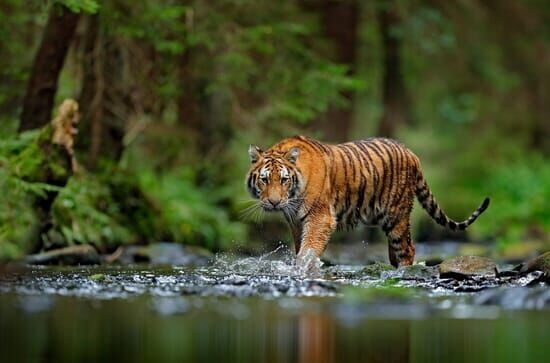| 8:00 PM-9:00 PM | BBC one |
| Sonntag | 4/28/2024 |


By pushing themselves and their bodies to the absolute limit, mammals have found remarkable ways to survive in the hottest places on earth. From baking deserts, harsh dry spiny forests, barren desolate salt pans and even raging bush fires, mammals, with their remarkable intelligence, unique behaviours and incredible adaptations, have found ways to beat the heat. In South America, a family of capuchins live high on the sun-baked cliffs in Brazil's driest region, the Serra da Capivara. But as the heat rises, they must descend from the cliffs and go in search of water on the forest floor. Finding it requires them to use all their natural curiosity and intelligence if they are to solve a real monkey puzzle and reach water. Arabian camels roam Australia's vast, scorching, desert outback. Originally introduced by humans for use as pack animals and then released into the wild when no longer needed, around a million now wander the outback. With their distinctive hump acting as an energy store, they can go for days, even weeks without water. One male, on a quest to find a female, must rely on his bizarre dulla, a sac he inflates out the side of his mouth, to hopefully impress! Will his advances prove successful? A group of white sifaka lemurs in Madagascar's spiny forest have found an unusual way to keep cool. In the heat of the day, they traverse the forest with their distinctive hopping motion in search of a special tree and when they find it — they hug it! Cool water drawn up from below by the tree roots means the cooler trunk offers some respite from the burning heat. A behaviour only recently recorded but expected to be seen more as global temperatures rise. The bizarre echidna has its own special way to stay cool — it blows snot bubbles. But to avoid the most destructive heat of all — fire — it does something far more extreme. Forced underground by advancing flames, they go into a deep sleep known as a torpor, allowing them to sleep for days at a time through the worst conditions, only emerging when it is safe. But as climates change and bushfires increase in frequency, will this behaviour be enough to survive into the future? In Arizona's Sonoran Desert, the tiny but tough Harris's antelope squirrel can come out during the heat of the day thanks to its amazing ability to let its body temperature rise above that of most other mammals and then "heat dump" to quickly cool down. To do this, it 'belly flops', pressing its body against cool sand to lose heat and then carry on feeding whilst most other mammals have had to seek shelter to avoid the heat. In the stunning Hoanib Desert of Namibia, a group of the world's tallest mammal, the giraffe, graze on what little foliage they can find. To help, their tongues are coloured black to protect them from sunburn. But the dominant male has to defend his herd against an approaching rival and fight in the midday sun. Thermal imagery reveals their spotted pattern is actually part of an elaborate air-conditioning system designed to help them keep cool even in the heat of battle. In Trinidad, the white-winged vampire bat uses heat to help it live its bloodthirsty lifestyle. Highly sensitive cells in its nose can detect the heat from its prey's blood just beneath the skin, allowing it to bite the perfect spot and get a meal. A troop of baboons on the banks of the River Nile in Uganda also use heat to their advantage. While the baboons wait in the shade, a female crocodile guarding its nest full of eggs has to stay out in the open. Eventually, the heat is too much, and the crocodile must return to the river to cool down, giving the baboons the opportunity they've been patiently waiting for — a meal of tasty eggs. But not until the baboons have let others do their dirty work and dig out the eggs for them. One of the toughest places to find food is in the vast, hot and hostile Etosha salt pan of Namibia. Here, a mother jackal makes her way to one of the few waterholes in search of a meal. Her smash-and-grab attempt to catch a guinea fowl doesn't work, so instead she must change her tactics and use all her mammalian cunning to hunt down a flock of doves as they drink.